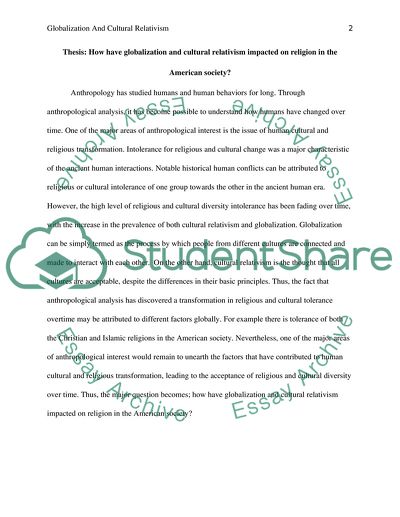Cite this document
(“Religion in culture and society Essay Example | Topics and Well Written Essays - 2250 words”, n.d.)
Retrieved from https://studentshare.org/anthropology/1696785-religion-in-culture-and-society
Retrieved from https://studentshare.org/anthropology/1696785-religion-in-culture-and-society
(Religion in Culture and Society Essay Example | Topics and Well Written Essays - 2250 Words)
https://studentshare.org/anthropology/1696785-religion-in-culture-and-society.
https://studentshare.org/anthropology/1696785-religion-in-culture-and-society.
“Religion in Culture and Society Essay Example | Topics and Well Written Essays - 2250 Words”, n.d. https://studentshare.org/anthropology/1696785-religion-in-culture-and-society.


